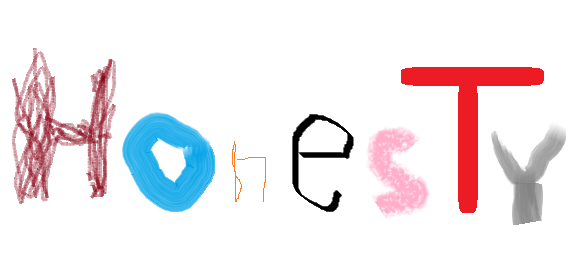TAKE CARE
If you do not take good care of yourself first, then you will not be fully prepared to take care of anyone else. Working diligently as a professional is always a good thing except when it becomes out of balance. The person who works constantly yet never carves out time for rest, recreation, physical fitness, and wellness is undermining his or her long-term success.
Just as in a high-altitude flight emergency you place the oxygen mask on yourself first and only then deal with your child, you must ensure that you are getting what you need to stay alive and fully functional. Although the challenge can present itself in any profession, the caregiving and service sectors are among the most difficult. Your passionate commitment to serving your clientele, while noble, will ultimately lead you astray if you lack balance. A prime example of this struggle is the medical profession. A recent study from the Mayo Clinic revealed these painful statistics among doctors (Brianne Pfannenstiel “Physician, Take Care of Thyself” The Kansas City Business Journal , December 12, 2014, p. 8):
“ 45.8%—Doctors who report symptoms of burnout. Specialties with the highest rates of burnout: emergency medicine, general internal medicine, neurology, family medicine.
37.9%—Physicians who report signs of emotional exhaustion, compared with 27.8 percent by workers in other industries.
24.9%—Physicians who report experiencing ‘high depersonalization,’ or the sense of watching oneself from afar. ”
Those numbers reveal much bad news. The good news is that the trends are changing. Increasing numbers of hospitals, clinics, and healthcare organizations are recognizing the fundamental importance of facilitating physician self-care. For example, Dr. Gordon Kelley (stroke program director at Shawnee Mission Medical Center, Kansas City, Kansas) is observing that:
“ The next generation of doctors recognizes that they need to take better care of themselves—and that older docs have come around too. . . . ‘We’re trying to help doctors be better doctors by just being better people.’ ”
Dr. Ravi Sabapathy agrees:
“ When physicians are healthier—physically and mentally—they’re more in tune with patients and are better able to address patients’ needs. ”
These dynamics are not restricted to the medical profession. In your industry, you might face the very same challenges. The good news is that you don’t have to settle for second best. If you recognize the challenges and intentionally choose to counter them through a strategic self-care approach, then you and your clients will be the rich beneficiaries.
Yes, your profession is vitally important. Just remember to prohibit it from becoming your master. Keep it in balance with all dimensions of your life. That will make you and your clients winners both in the short term and in the long term.











